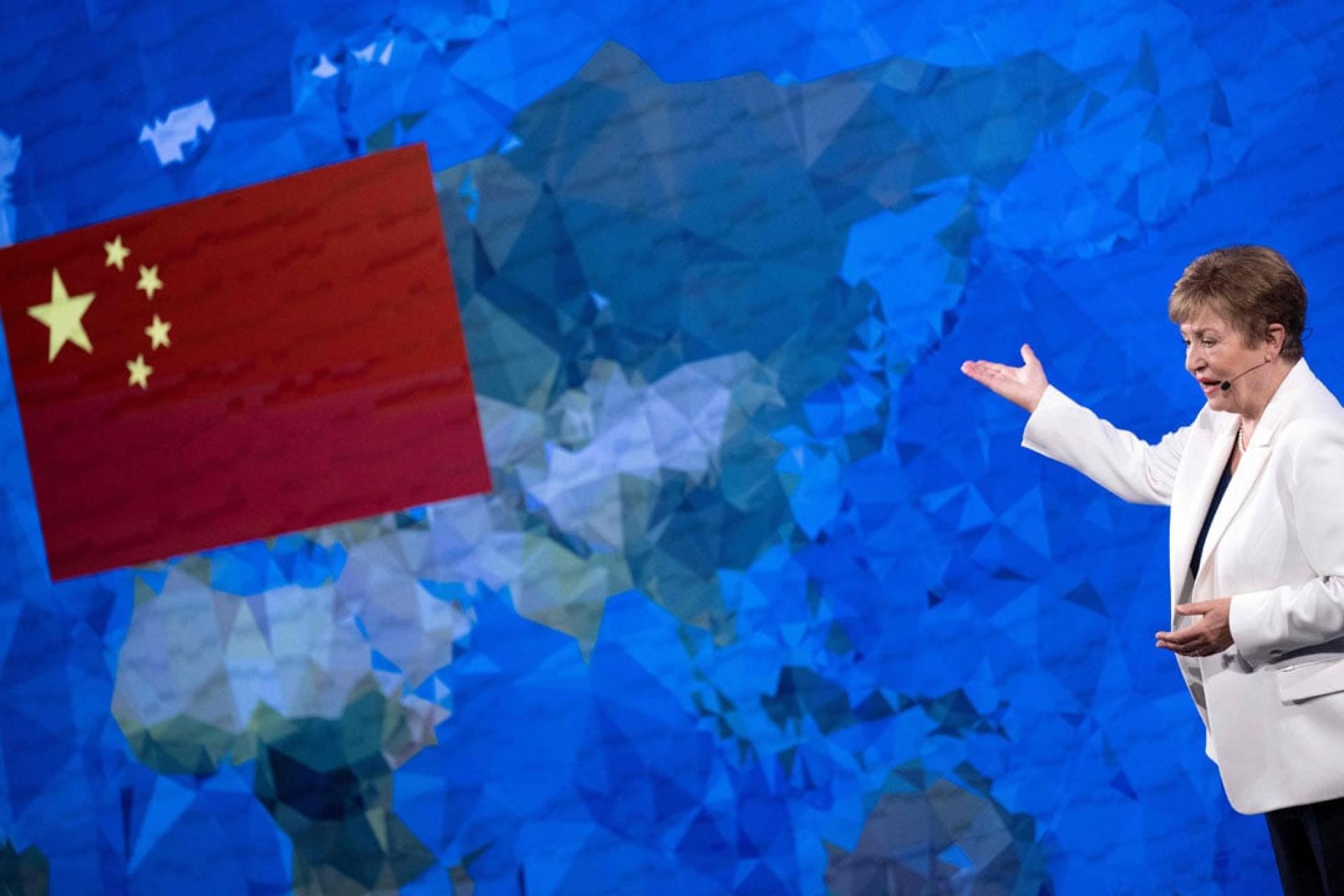The International Monetary Fund (IMF) reiterated in its latest World Economic Outlook released on Tuesday that China must shift its growth model from export-led to domestic demand-driven; dragged by a sluggish real estate sector, weak domestic demand has persisted for over four years, and financial stability risks are rising.
IMF Chief Economist Pierre-Olivier Gourinchas pointed out that although China's manufacturing export volume has increased, prices have dropped, indicating that the global market cannot fully absorb the additional output and that export momentum is "fizzling out."
Foreign media reported that the IMF bluntly stated that the core challenge currently facing China lies in the unresolved property crisis. Real estate investment continues to contract, pressure from non-performing assets in the banking system is rising, overall credit demand remains weak, and the economy is hovering at the edge of a "debt-deflation trap." To stabilize growth and finance, the immediate priority is to repair the balance sheets of household and corporate sectors, and to restore confidence and willingness to consume and invest.
In terms of industrial policy, the IMF assessed that although China's recent subsidies and investments in strategic industries such as electric vehicles have brought localized growth, they have also increased fiscal costs and may cause resource misallocation. If domestic demand does not expand concurrently, surplus capacity and price competition could intensify, further depressing corporate profits and investment returns.
As for policy recommendations, the IMF calls for: 1) speeding up property sector clearance and bad debt disposal, providing targeted support to ensure project completion and improving local government financing mechanisms to prevent financial contagion; 2) strengthening social security and equalizing public services to boost disposable household income and consumer confidence; 3) gradually shifting policy focus from supply-side subsidies towards expanding domestic demand and improving total factor productivity; 4) enhancing transparency and governance to stabilize policy expectations.
The IMF mentioned that this public reiteration of "rebalancing" for China also echoes the U.S. request that international institutions make clearer statements on China's economic policies.
